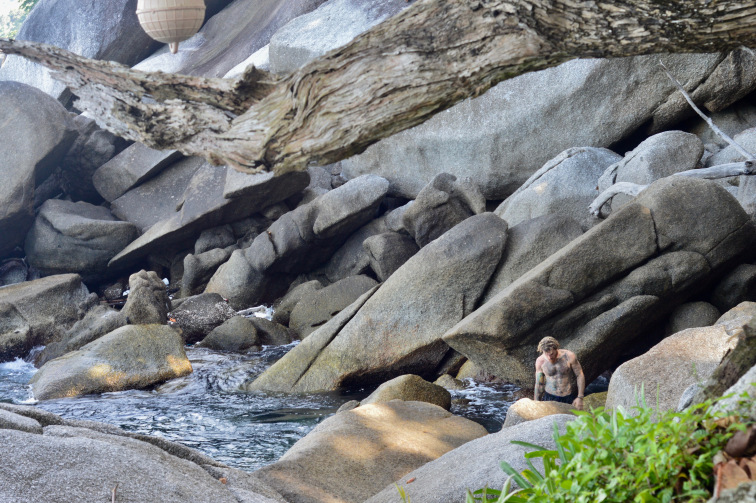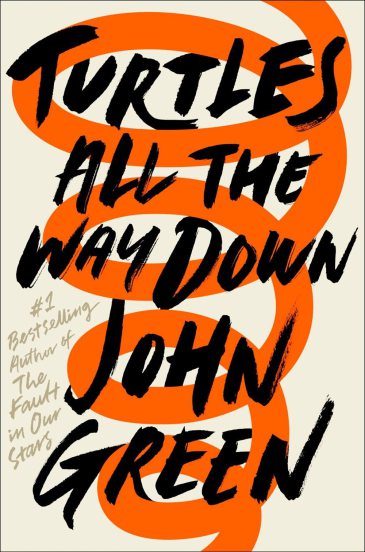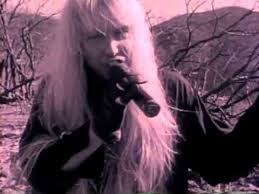It must have been sometime in July that I turned up at Jamrock and found Hodgy in the bar. He’d been away for about two months, and he was looking different: he’d allowed his hair to grow out, and looked a lot lighter. I asked him what he’d been doing in Auistralia, and he told me he’d been fighting the Australian government over his military pension. Because he would not cooperate with the Veterans Authority, or whatever they call it there, over treatment for PTSD, and would not go to the hospitals or clinics they wanted him to go to, they wanted to withdraw his benefits. The final outcome was a compromise: his pension had been halved.
With fewer people around, he was much more accessible, and always seemed to be in the bar, giving me noisy welcomes when I rocked up. This was off-season Hodgy — during the season he’d only ever been an elusive presence, showing his face for half an hour on music nights, but more usually lurking down among the trees or on the shore. Now he seemed to be focusing on me as the only survivor of last season. Perhaps he was disappointed by the quietness of Jamrock, as if everything had gone backwards without him there and he needed to spark it up again.
He started asking about my living situation and suggesting that I could save some money by moving up here.
‘How long have you been coming here now? A year?’
We worked it out. About nine months. It was my second home, as it was.
‘Come and spend some time with some good people,’ said Hodgy.
One evening we took our beers and smokes up to the top deck and as we climbed the stairs he asked me what I was writing about.
‘Tesla,’ I said.
Now, I don’t assume that everybody will necessarily have heard of Nikola Tesla. Or they may only have heard the name in connection with Elon Musk’s electric cars — which have absolutely nothing to do with Tesla’s science, of course.
But Hodgy picked up the name straight away. ‘Man, they really did a number on that guy, didn’t they?’
Which was exactly what I was writing about — the number they’d done on him, the erasure of the most significant inventor since da Vinci, the most profound natural philosopher since Pythagoras. Babylon hadn’t just crushed him financially, it had written him out of the science and history books, and most people now have hardly heard the name. A century ago, a new Renaissance was strangled in its crib. Those who know something about Tesla now usually know some other things as well, and have some inkling that profound truths have been suppressed.
So we sat on the top deck and talked about Tesla. About the aether, which Tesla thought to be the equivalent of the ancient Hindu concept of akasha, the invisible medium which gives rise to matter and through which is conducted the prana, or life force. The concept and existence of the aether is suppressed in institutional science, has been since the aftermath of the First World War. Prior to the Einsteinian revolution in science, dating from the ellipse of observations in 1921, the concept had been known through various traditions throughout the entirety of human history. some contemporary scientists identify aether with plasma, the fourth phase of matter after solid, liquid, gas, which comprises 99% of the matter in the universe; others look for a still more tenuous medium, and a fifth phase of matter. Either way, the aether is a universal substrate of matter which connects everything in the universe with everything else, and this fact alone means that suddenly everything becomes possible; not just the propagation of electro-magnetic forces such as light, but of energy and information in unknown ways. The rebirth of the akasha and the prana as scientific realities compels a reassessment of every so-called paranormal phenomenon or spiritual reality that institutional science has ever been used to dismiss; everything I, as a lifelong worshipper at the shrines of modernism and scientism, had ever dismissed as fantasy. The notion of spirituality as a ‘higher physics’ had suddenly become insistently possible and relevant, so I was interested to find that it also resonated with this soldier turned boxer.
What I didn’t know was that Hodgy was into meditation as much as Muay Thai, and that the two were in fact inseparable to him. He loved the discipline of Muay Thai, the respect and the ritual, as much as he loved winning; and he loved the people he met through it. It seemed that his respect for this Thai community had led him increasingly to embrace Buddhism. Perhaps that’s why my talk of the aether instinctively made sense to him, since ‘ether’ is an element in Hindu and early Buddhist hierarchies of the chakras and their realms. I had a sense that the two of us were approaching the same point from opposite directions — me, rationally, through the history of science; him more directly, through experience and intuition.
Strangely, then, this Tesla stuff has a lot to do with what I’m doing here — or what I think I’m doing here, at least. I’m not training or boxing. Yes, I’m chilling and tripping, working and jamming, but none of that, fantastic though it all is, is primary. It’s actually more to do with following through on a group off concepts which I have arrived at through years of effort, struggling through the layered simulations, the artificial wombs, the dreams that keep you asleep, to get to … well, something, as they say, massive, something so bright and powerful they had to erase Tesla and his science in such a ruthless and sustained operation. I’m here to think on; to try to find the vision and the discipline to make the seventh decade of my existence radically different from all of my wasted years.
The extremity of Hodgy’s experiences has brought him to the breaking, waking point much earlier than me. His post-traumatic nightmare and his anagnorisis hit him at the same time, the one initiating and magnifying the other, two aspects of the same process in a vicious, virtuous cycle.
It didn’t happen straight away. He told me that when he left the military he was fine. It was only after eighteen months that he ran aground.
In Afghanistan he had lost a good friend in a terrorist attack inside the army base, which Western forces shared with the Afghan army. The Taliban had sleeper cells inside the army, and every once in a while one of these sleepers would be activated. On this occasion a group of soldiers had been machine-gunned as they left the briefing room one evening. One of them was a good friend; Hodgy had known him since his teenage years in Perth, and had known the guy’s girlfriend too. Ever since it had happened, he had known he must write to this girl, or go and see her. It took him eighteen months to steel himself to do it.
Finally he wrote to her, and received an almost immediate reply. It wasn’t writing the letter that opened him up; it was reading the girl’s words. Everything started coming back. He was suddenly lost. Drugs and sex couldn’t help. He couldn’t even train. He didn’t know what to do or where to go to get away from it. He’d got out of it, but he couldn’t get it out of him.
He was here in Phuket when all this happened. He sometimes frequented Jamrock reggae bar, in its previous location half a kilometre up the road from where it is now, just a shack by the sound of the road, but you could drink and smoke weed in the jungle, and that’s what he needed right now. But it wasn’t really working. So he was the last one left, sitting at the bar medicating himself with one White Russian after another, and it was getting late, and he said to Nung that he’d better go.
Go where? asked Nung.
I don’t know, man, said Hodgy. I just don’t know any more.
So Nung closed the bar and brought him down the hillside to the rocky shore. Rastaman and Babylon’s soldier clambered along the rocks in moonlight. Sitting on a flat rock looking out across a glassy sea, Nung started to teach him how to breathe, to calm himself — how to begin to meditate. There was — still is — a fisherman’s shack right on the edge of the rocks, built from bamboo, tin and drift wood around a tree. He slept there that night, wrapped in the rhythmic breathing of the ocean. He stayed there. Soon, Nung introduced him to the mushroom. And that’s how the bond was formed, and Nung became the spiritual master of this deadly weapon and suddenly lost soul, Kailen Hodgekiss.






